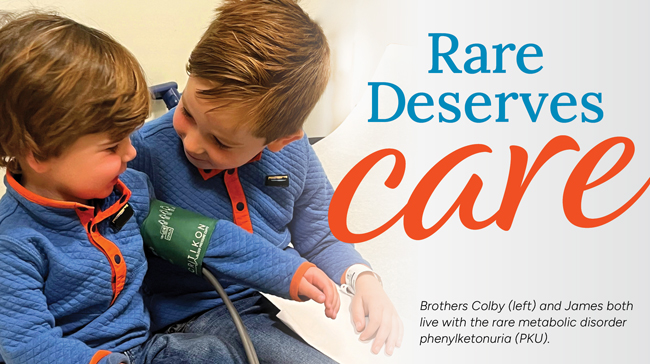The animated videos in NORD’s Rare Disease Video Library provide brief introductions to rare disease topics for patients, caregivers, students, professionals and the public. NORD collaborates with medical experts, patient organizations, videographers and Osmosis to develop the videos, which are made possible by individual donations, educational grants and corporate sponsorships. NORD is solely responsible for the content.
Tay-Sachs disease is a rare, neurodegenerative disorder in which deficiency of an enzyme (hexosaminidase A) results in excessive accumulation of certain fats (lipids) known as gangliosides in the brain and nerve cells. This abnormal accumulation of gangliosides leads to progressive dysfunction of the central nervous system. Tay-Sachs disease is categorized as a lysosomal storage disease. Lysosomes are the major digestive units in cells. Enzymes within lysosomes break down or “digest” nutrients, including certain complex carbohydrates and fats (like glycosphingolipids). When one of these lysosomal enzymes (such as hexosaminidase A) is missing or ineffective, glycosphingolipids start to build up in the lysosome. If there is too much accumulation of these materials in the lysosome, the cells in the nervous system degenerate and die, triggering an inflammatory response that amplifies damage in surrounding tissue.
The most common form of Tay-Sachs disease is the Infantile form, which can present around 6 months of age as reduced vision and an exaggerated startle response and eventually progress to a gradual loss of skills and seizures by age 2 and early death, usually by the age of 5. There is also a juvenile version of the disease beginning at about the age of 5 years of age and adult forms of Tay-Sachs disease also known as late-onset Tay Sachs disease (LOTS) beginning in the late teens and beyond. All three forms of Tay-Sachs disease are inherited in an autosomal recessive manner and the age of onset is a function of the amount, if any, of residual enzyme activity.

Your donation will help more than 30 million Americans with a rare disease navigate their diagnosis, receive financial assistance, and access the care and support they deserve. Make your tax-deductible gift today!
